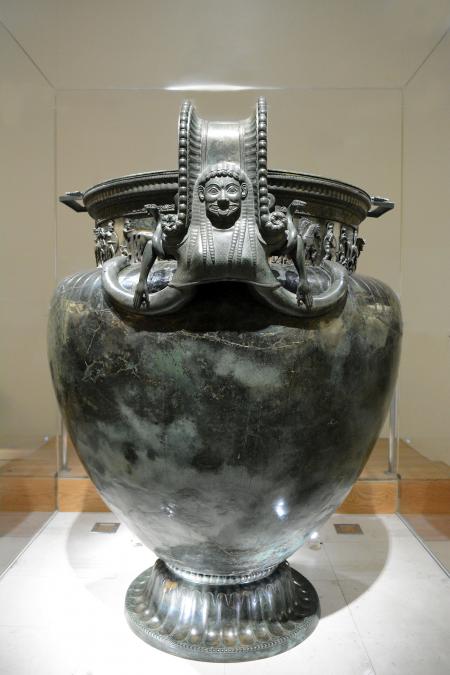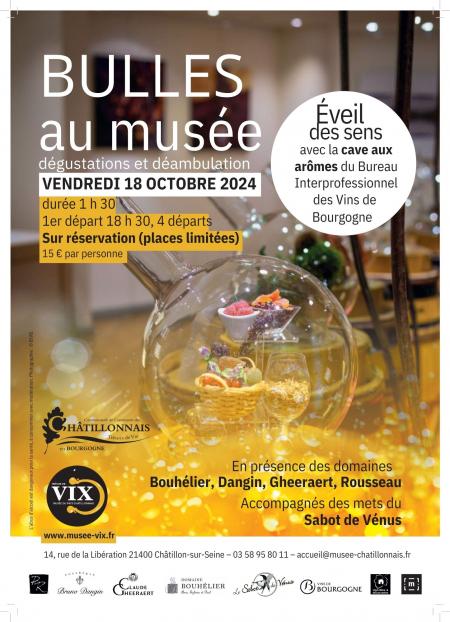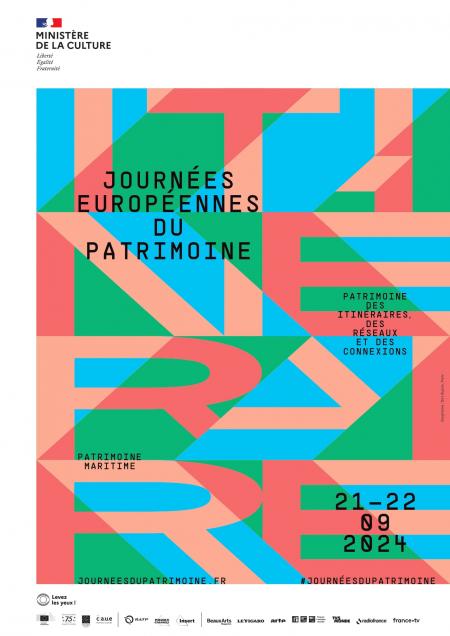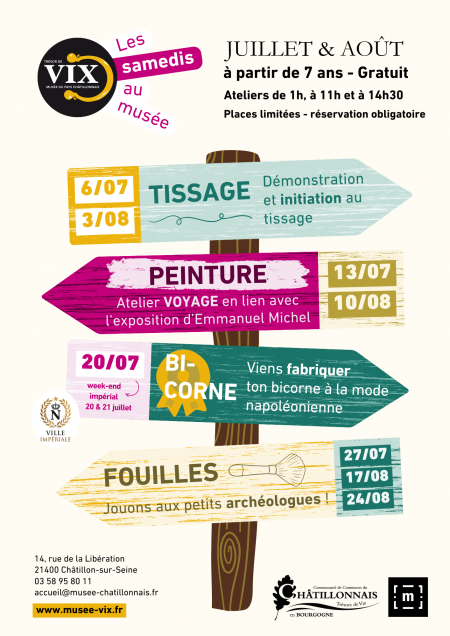Mariia Matokhniuk
Masha Klepko Matokhniuk was born in 1978 in Vinnytsia, Ukraine. She lives and works in Châtillon-sur-Seine. Since 2018, thanks to her icon teacher Marie Aveline, Masha has devoted herself to painting through Orthodox icon classes.
She is an accomplished artist who works with oil and acrylic paint on canvas and has a background in engineering.





